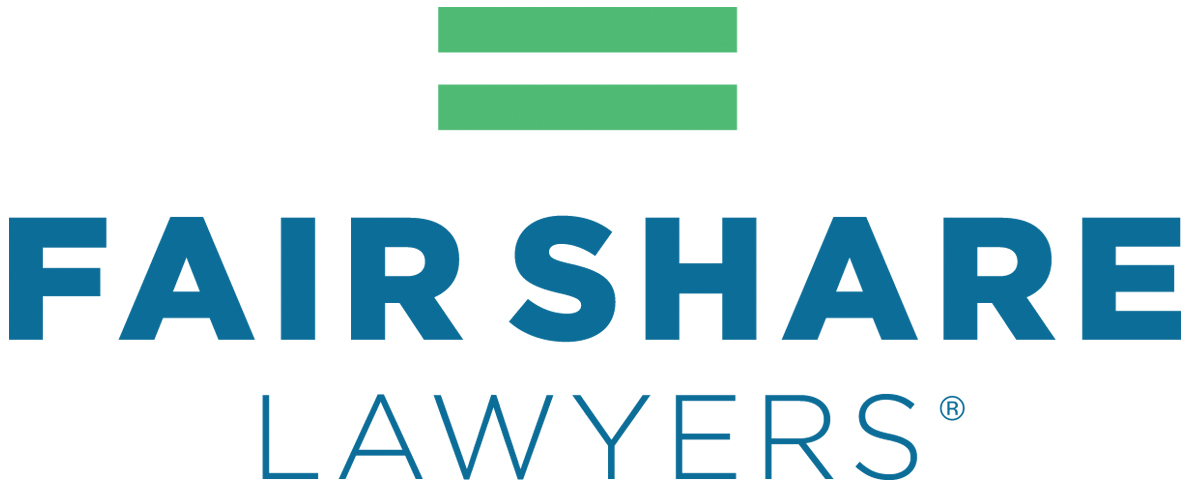Types of Claims
No matter how you make your living, you deserve to be paid for the time you work. But many employees aren’t earning their fair share under the law. Whether a company is withholding overtime to bolster profits or their policies misclassify employees who should earn more, Fair Share Lawyers is here to help with all types of wage and hour claims.
Contact our wage and hour lawyers now for a free case review. There’s no cost or obligation to get started, and you won’t pay anything unless we get money for you. Contact our 24/7 legal staff today—just dial (800) 377-2125 or complete our free online form to get help.
We Protect Workers’ Rights to Fair Pay and Overtime
The Fair Labor Standards Act (FLSA) is a federal law that requires private and government employers to provide minimum wage and overtime pay to full- and part-time workers. The FLSA says that eligible workers must receive one and half-times their regular hourly rate for all hours worked over 40 hours during each work week.
While some employees are exempt—or not eligible for—overtime pay under the FLSA, many employers intentionally or mistakenly misclassify employees as exempt from overtime. According to the U.S. Department of Labor, an employer must be able to prove an employee’s exemption is legal if it is challenged.
If you’re working more than 40 hours per week and feel you should be eligible for overtime, Fair Share Lawyers is ready to investigate. Contact us now!
Types of Wage and Hour Lawsuits
Our team of attorneys has the knowledge and resources to handle a variety of wage and hour lawsuits, including:
Overtime Exemptions
Employees who earn less than $23,600 per year, or $455 per week, are generally entitled to overtime pay. If you make less than this amount and aren’t receiving one-and-a-half-times your regular pay for every hour worked past 40 per week, our lawyers want to talk to you today.
Employee Misclassification
Under the FLSA, certain types of employees are exempt from overtime pay. The three typical categories are classified as “executive,” “professional,” and “administrative” roles. For employees to qualify as exempt under one of these classifications, the law states that they must perform a specific set of job duties.
Executive Exemption
An employee must perform all three of the following job duties to be exempt from overtime pay:
- regularly supervise two or more employees,
- manage employees as the primary duty of the position,
- and have input on other employees (hiring, firing, promotions, assignments etc.)
Professional Exemption
Often requiring advanced degrees or training, professional job roles exempt from overtime pay may include doctors, lawyers, teachers, and clergy. Certain creative professionals, such as actors and musicians, may also be excluded from receiving overtime under the FLSA.
Administrative Exemption
The administrative overtime exemption is meant to include job roles that require office work involving decision-making necessary to a company’s operations. Clerical workers, such as clerks, bookkeepers, and secretaries, are not included in the administrative exemption.
If you believe your employer may be misclassifying your job to avoid paying overtime, contact Fair Share Lawyers now. We know the law, and we’re here to help you get the money you’re owed. Call (800) 377-3135 or complete our free online form to contact our 24/7 team.
Working Off the Clock
Under the FLSA, workers are entitled to pay for:
- necessary, required tasks before or after work, such as changing into safety gear or arranging products before a store opens.
- training required by your employer
- travel time necessary to do your job
- waiting or “on-call” time away from home during the workday
Determining your rights to compensation under the FLSA depends on your specific situation and your state’s labor laws. Contact Fair Share Lawyers for a free case review to get the help you need today.
Working for Tips
Federal law allows employers to pay regularly tipped employees less than the federal hourly minimum wage ($7.25 per hour) if their hourly wage and tips meet or exceed minimum wage. If tips and wages combine to less than minimum wage, employers must make up the difference.
Even when a worker’s tips alone total more than $7.25 per hour during a pay period, he or she is entitled to the federal required cash wage, which is currently $2.13 per hour. Some states entitle tipped workers to higher minimum pay than required by federal law, and in those cases, employers must follow state rather than federal law.
Our Wage and Hour Lawyers Want to Help
If you suspect a current or past employer isn’t paying you what you deserve, contact Fair Share Lawyers today. We know state and federal overtime and wage laws, and we’re here to protect your rights. Contact us 24/7 to get started—just dial (800) 377-2125 or complete our free online form to begin your free case review.
